What We Provide In ERP Application
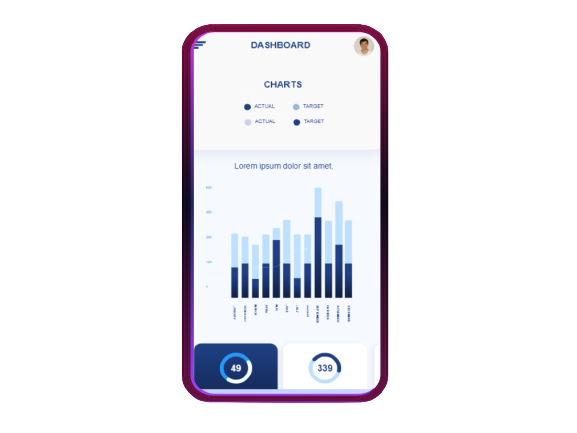
Core Features For ERP Employees
General work scheduled automatically
Schedule smarter and quicker with our tremendous and effective but easy-to-use worker agenda maker. Automatically generate conflict-free schedules, replica shifts, import schedules, and more.
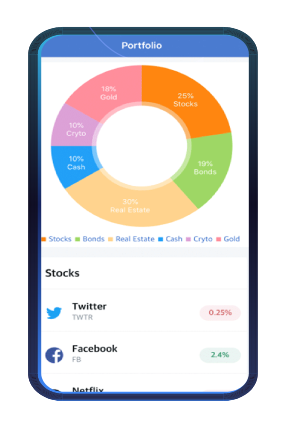
Easy to scheduled maker
Real time scheduled updating budget
A collobrative employees scheduled maker
Let personnel set availability and deal with shift trading. Using our work agenda maker, you can retailer up to 80% of the time before spent scheduling by using enticing personnel and sharing scheduling responsibilities.
Create smarter scheduled
Advanced Features For Employees

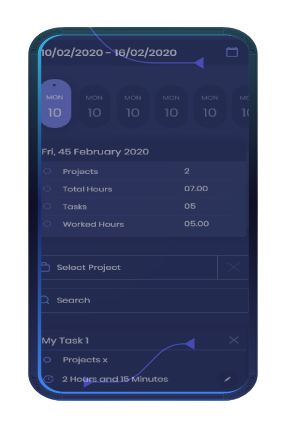
Employer Features In ERP app
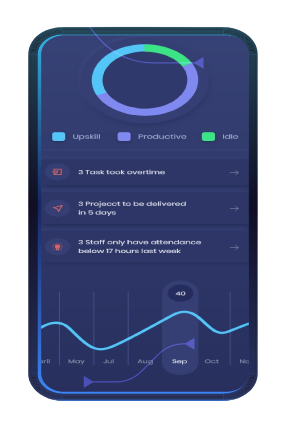
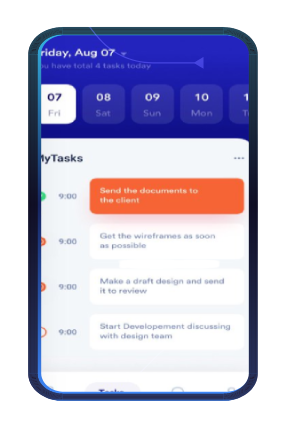
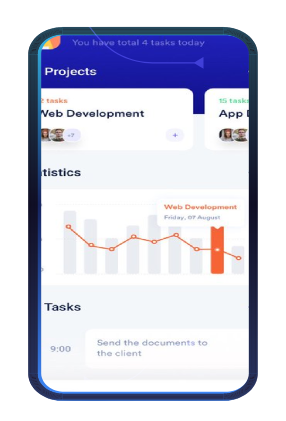
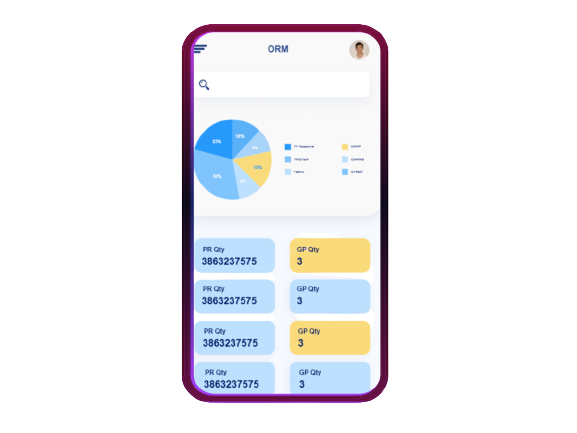
Admin Features in ERP app
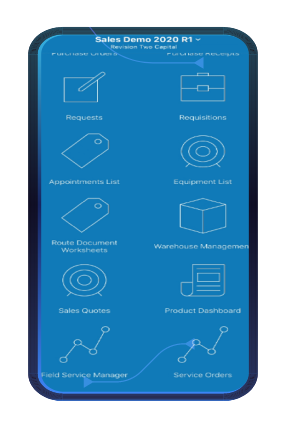
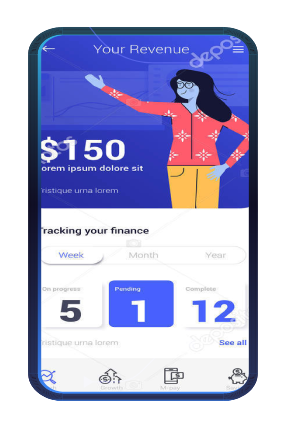
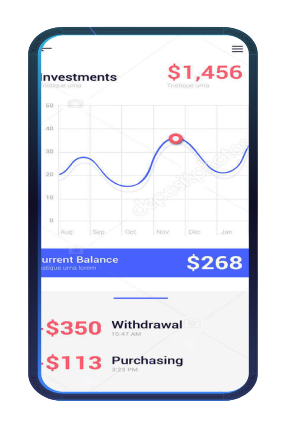
Additional Features in ERP app
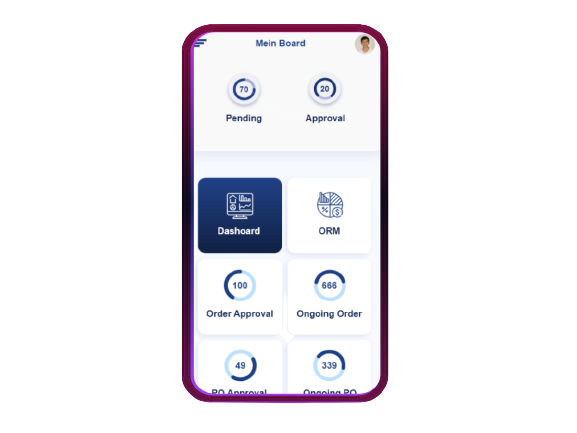
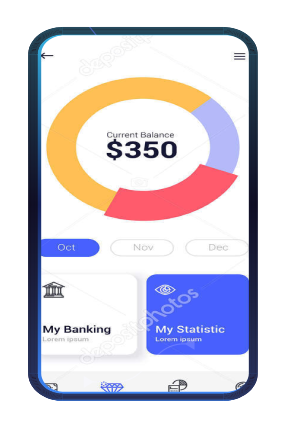

Main Features For ERP app
Integration
Data system cause inefficiency, missed opportunities and departments performing at cross-purposes. the first , and perhaps most vital , advantage of ERP may be a central view of essential financial, operational and business data which will be shared across the organization in near-real-time.
ERP systems provide the means to develop business intelligence by turning that data into reports and insights that a corporation can use to re-allocate resources or maximize new market opportunities, among other actions.

Automation
ERP provides the power to automate repeatable business tasks, like payroll, order processing, invoicing, reporting and more. Automation minimizes the time spent on manual data entry, reduces errors and lets employees specialise in more value-added tasks.
The nature of an ERP system means data entered by one user is out there across the organization. So, for instance , a listing tracking module could automatically trigger a shipment and invoice available. That translates into more revenue and a far better customer experience. Or, line-of-business executives could automatically receive up-to-date reports on income and other metrics to tell decisions.
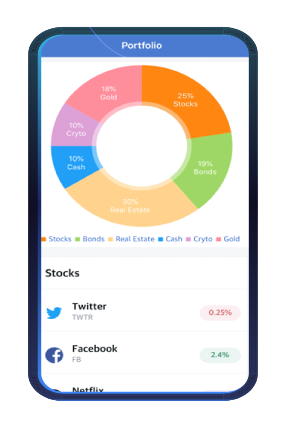
Data Analysis
Using data more effectively may be a perennial priority for CFOs and business leaders. the facility of knowledge analysis is enabling employees to collect a good sort of information and spin it into actionable insights—on new business opportunities also as ways to optimize current operations, reduce costs, spot fraud and better serve customers.
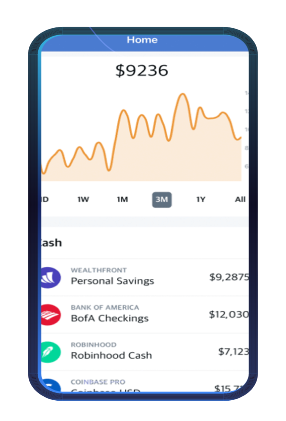
Reporting
Better reporting is nearly as important to executives as simpler data usage. ERP reporting modules compile information about business operations into reports that empower stakeholders to form more informed decisions, enhance business processes and identify problem areas before the business suffers. Reports may include visual representations, like charts, graphs and dashboards, hopefully revealing trends and patterns to enhance business results.
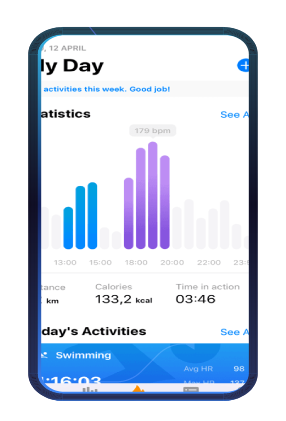
Tracking visibility
ERP platforms allow companies to trace , surface and understand business metrics—a powerful feature. they are doing this by facilitating companywide access to near-real-time data, breaking down information silos and offering reporting and analysis for each aspect of business operations.
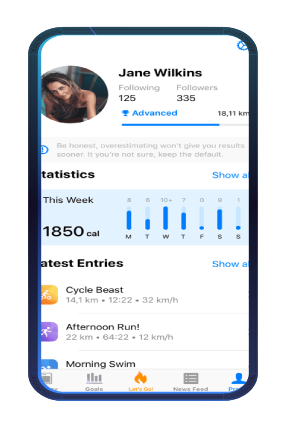
Accounting
ERP accounting features deliver the power to trace , store and analyze financial data, like accounts payable (AP), assets (AR), ledger (GL), budgets and forecasting. Systems may perform more advanced tasks like tax management, fixed assets management, revenue recognition and multi-currency reconciliation.

Financial management
Financial management may be a complex task that involves planning, organizing and determining the simplest use of funds for a business. Financial leaders must track and use financial data from all departments to form decisions about, for instance , capital projects, funding sources, cash management and financial controls.
ERP systems assist finance teams with the management process by tracking, analyzing and reporting critical business data. In large, complex organizations, ERP systems are necessary tools for sound financial management.

Supply chain management
ERP systems offer insight into a company’s supply chain management (SCM) efficiency by tracking demand, inventory, manufacturing processes, logistics and distribution. a totally automated and integrated supply chain enhances operations by suggesting purchase orders, work orders and transfer orders across multiple locations.
SCM systems also can help set inventory goals and simplify distribution resource planning. Real-time data on a company’s supply chain helps identify areas of inefficiency, providing greater control and management over inventory.
Marketing teams may enjoy a capability to drive more leads, quickly build and execute campaigns and track customer activity through the sales cycle.
Sales and marketing teams use ERP functions in close reference to finance and operations colleagues to supply a superior customer experience through the whole sales pipeline.

